7 Things to Do Right Away If Your Pet Passes at Home
Losing a pet at home is heartbreaking, and the moments that follow can be overwhelming. Knowing what to do next can ease your stress and help you honor your pet with dignity. This list offers practical, compassionate steps to guide you through those first few hours and beyond with clarity and care.
Confirm Your Pet Has Passed
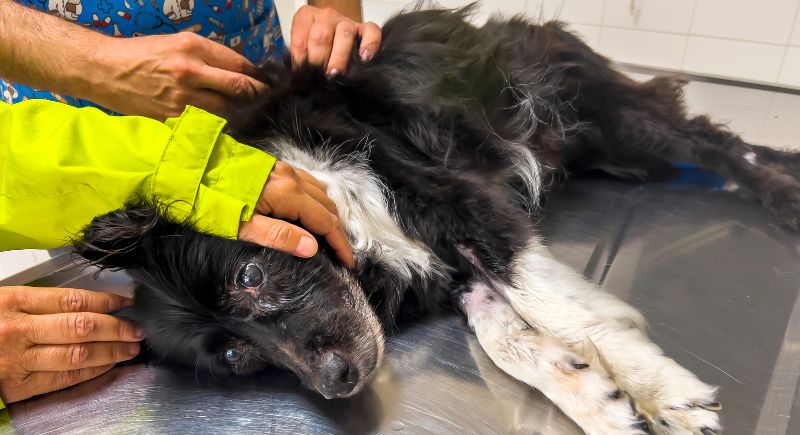
Credit: Getty Images
Look for clear signs such as a lack of breathing, no heartbeat, and unresponsiveness. Sometimes, pets pass quietly in their sleep, and it’s not always obvious at first. If you’re unsure, gently check for a pulse or call a veterinarian who can walk you through it over the phone.
Give Yourself a Moment to Process
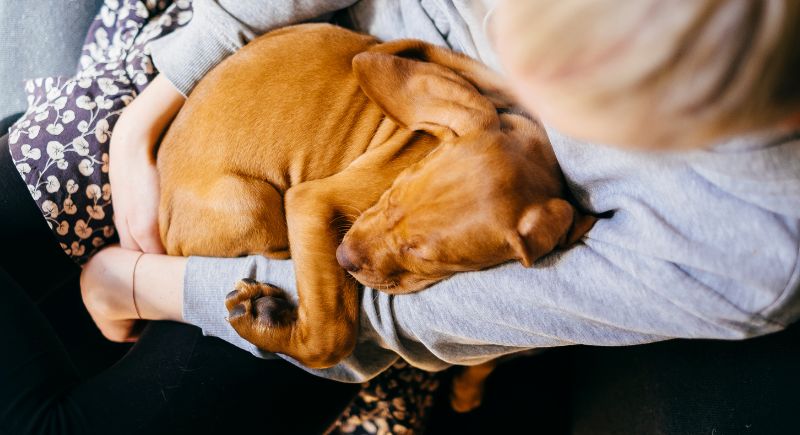
Credit: Getty Images
It’s okay to pause. You don’t have to jump into decisions immediately. Sit with your pet, say goodbye in your own way, and allow yourself to feel what you need to. This moment matters, and taking a breath before making arrangements can help ground you.
Gently Wrap the Body

Credit: Canva
Use a towel, blanket, or sheet to cover your pet. This helps maintain cleanliness and shows respect. Choose something soft and familiar, if possible. Carefully wrap the body, tucking in limbs if needed, and place it on a flat surface in a cool, quiet area of your home.
Keep the Room Cool

Credit: Getty Images
Until you can make final arrangements, it’s important to keep your pet’s body cool. Close blinds, turn on a fan, or adjust the air conditioning if needed. If you need to wait more than a few hours, consider placing wrapped ice packs under the body to prevent direct contact.
Contact Your Veterinarian
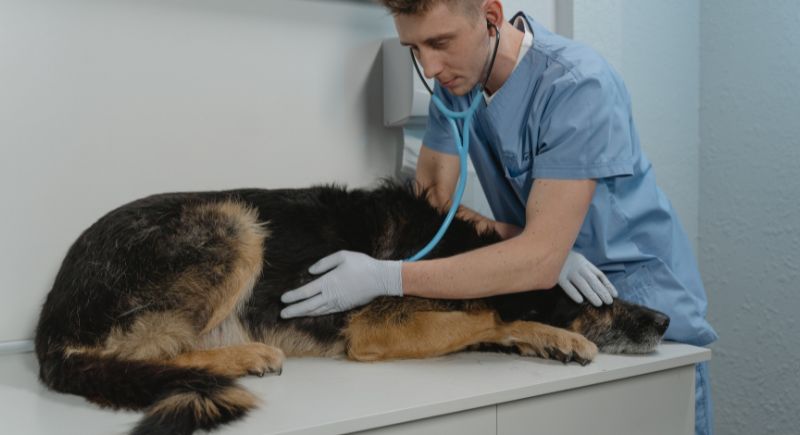
Credit: pexels
Call your vet for guidance on next steps. They can help with cremation, burial options, and body transportation. Many clinics have working relationships with pet crematories and will coordinate the details for you, often within the same day or the next morning.
Reach Out to a Pet Cremation or Burial Service

Credit: Getty Images
If you don’t have a regular vet or prefer direct service, contact a local pet crematory or burial provider. Various services offer home pickup. Ask about available options, pricing, and timing. You’ll typically be able to decide between private or communal cremation and urn choices, if desired.
Decide on Aftercare Arrangements

Credit: Getty Images
Cremation is the most common option, but home burial may be legal depending on your area. Check local laws or ask your vet. Choose what you believe will bring you peace—plant a tree, keep ashes in an urn, or scatter them in a meaningful spot.
Notify the Family

Credit: pexels
Let everyone in your household know, especially children. Be honest and age-appropriate. Give them space to react in their own way and offer comfort. If other pets are in the home, allow them to see or smell the body—they often understand more than we assume and grieve in their own way.
Remove Food, Bowls, and Bedding Temporarily
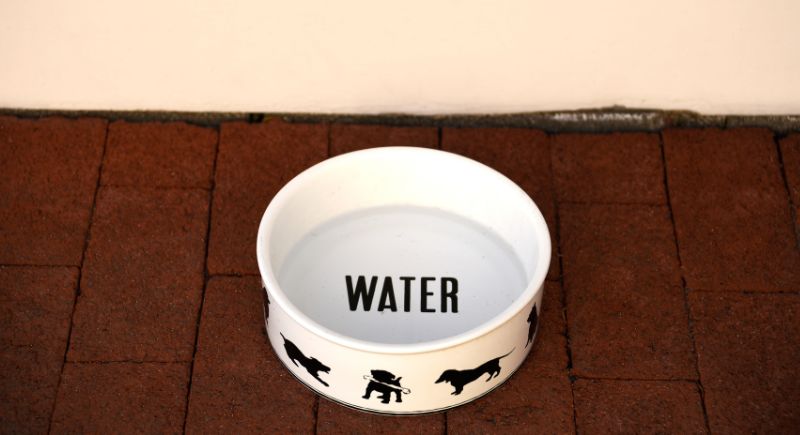
Credit: Getty Images
It may help to remove your pet’s items from sight for a few days. This can reduce emotional triggers and help the space be less triggering. Store items like bowls and bedding in a safe place until you’re ready to revisit them.
Clean the Area Gently

Credit: Canva
If your pet passed in a shared space, clean the area using gentle products. This can give you a sense of closure and help other pets adjust, too. Use unscented cleaners when possible to avoid confusing or stressing remaining pets.
Consider a Memorial Ritual
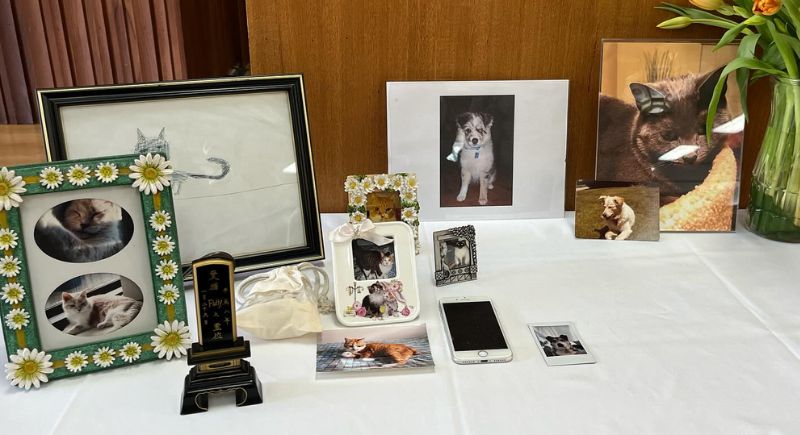
Credit: Facebook
A small goodbye ritual—lighting a candle, reading a note, or sharing stories—can help with healing. It gives you a moment to honor the bond and acknowledge your pet’s place in your life.
Look Into Pet Loss Support Resources
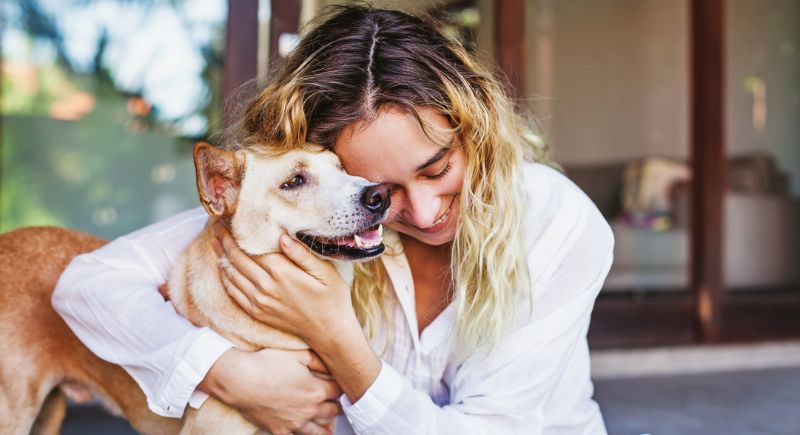
Credit: Getty Images
Support groups, online forums, and pet loss hotlines can provide comfort. Talking to someone who understands can be a powerful way to process grief. Many veterinary offices can recommend local or virtual support options.
Write Down the Memories

Credit: Getty Images
Journaling or jotting down favorite memories can be surprisingly comforting. You can write about your late pet’s quirks, routines, and funny moments. It’s a personal way to preserve the bond and can be the first step toward long-term healing.
Inform Your Pet Insurance Provider
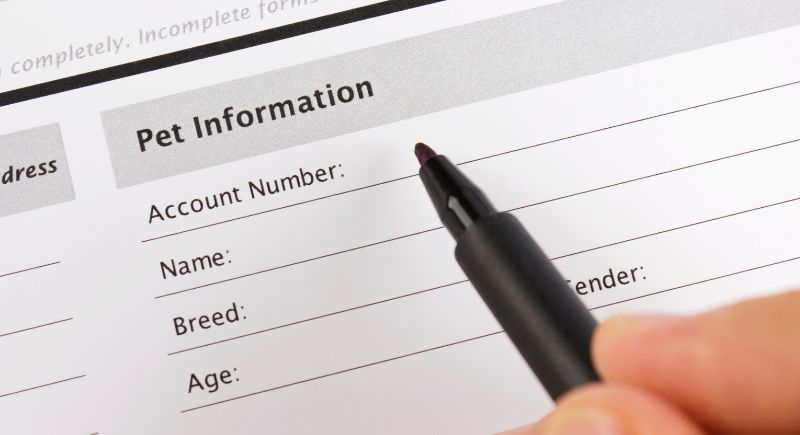
Credit: Getty Images
If you had a pet insurance policy, let the provider know about your pet’s passing. You may be entitled to a refund on unused coverage or a cancellation without penalty. Keep medical records and invoices in case follow-up is needed.
Remove Upcoming Appointments or Services

Credit: Getty Images
Cancel any scheduled vet visits, grooming appointments, or food deliveries. If you’re on auto-ship for supplies, pause or update the subscriptions. This avoids unexpected reminders during a difficult time.
Give Yourself Permission to Grieve

Credit: pexels
Grief doesn’t follow a schedule. Some people need quiet, while others need distraction. There’s no “right” way to mourn. Be kind to yourself and remember that losing a pet is losing a family member. It’s okay to feel deeply and to take your time.
Allow Other Pets to Say Goodbye

Credit: pexels
Give them a moment to sniff or see the body if you have other pets. It might seem strange, but it helps them understand what happened. Animals often grieve, too, and denying that moment can lead to confusion or behavioral changes.
Make Space for Photos or Mementos

Credit: pexels
Setting up a small area with a photo, collar, or favorite toy can be a comforting tribute. It gives you and your family a place to reflect, share stories, and feel close. Some people even write letters to their pets—whatever helps you hold onto the love without the pain taking over.
Decide What to Do with Belongings
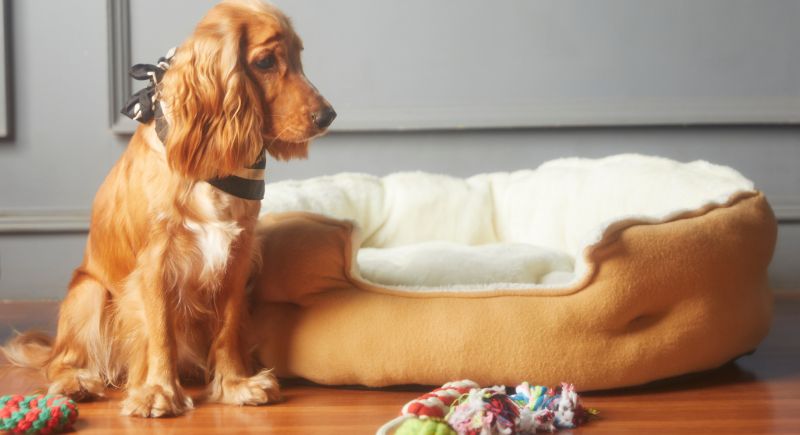
Credit: capturenow
When you’re ready, think about how to handle your pet’s things. Some choose to donate items to a shelter. Others keep toys, collars, or tags as keepsakes. There’s no rush—just make decisions that are right for you and your household.
Check In With Your Health

Credit: pexels
The stress of losing a pet can take a real toll on your body and mind. Remember to eat, hydrate, and rest best during these first days. If you feel overwhelmed or notice physical symptoms like insomnia or headaches, reach out to your doctor or a mental health professional. Taking care of yourself honors your pet’s memory, too.